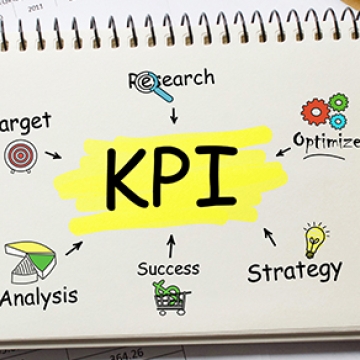4 negative outcomes of jointly owning property with a family member
A common estate planning mistake that people make is to own property jointly with an adult child or other family member. True, adding a loved one to the title of your home, bank account or other property can be a simple technique for leaving property to that person without the need for probate.
SEK Gets Top Honors in CPBJ Reader Rankings Awards
SEK, CPAs & Advisors was recently recognized in Central Penn Business Journal’s third annual Reader Rankings Awards.
Which entity is most suitable for your new or existing business?
The Tax Cuts and Jobs Act (TCJA) has changed the landscape for business taxpayers. That’s because the law introduced a flat 21% federal income tax rate for C corporations. The TCJA also cut individual income tax rates, which apply to sole proprietorships and pass-through entities, including partnerships, S corporations, and LLCs (treated as partnerships for tax purposes). These changes have caused many business owners to ask: What’s the optimal entity choice for me?
If your kids are off to day camp, you may be eligible for a tax break
Now that most schools are out for the summer, you might be sending your children to day camp. It’s often a significant expense. The good news: You might be eligible for a tax break for the cost. The value of a credit
Put a Number on Your Midyear Performance with the Right KPIs
We’ve reached the middle of the calendar year. So how are things going for your business? Conversationally you might say, “Pretty good.” But, analytically, can you put a number on how well you’re doing — or several numbers for that matter?
Getting acquainted with Generation Z
By now, most employers have read up on, hired and gotten to know Millennials. Well, guess what? A whole new demographic is here: Generation Z.
We're Excited to Introduce You to Our New Look!
After months of hard work, we are excited to announce that our brand-new SEK website has launched!
Ease Itemized Deduction Limitations Using a Nongrantor Trust
The record-high exemption amount currently in effect means that fewer families are affected by gift and estate taxes. As a result, the estate planning focus for many people has shifted from transfer taxes to income taxes.
Donating Your Vehicle to Charity May Not Be a Taxwise Decision
You’ve probably seen or heard ads urging you to donate your car to charity. “Make a difference and receive tax savings,” one organization states. But donating a vehicle may not result in a big tax deduction — or any deduction at all.
AUP Engagements: A Middle Ground Between Audits and Consulting Services
Your CPA offers a wide menu of services. An audit is a familiar type of attestation service that provides a formal opinion about whether the company’s financial statements conform to U.S. Generally Accepted Accounting Principles (GAAP).









